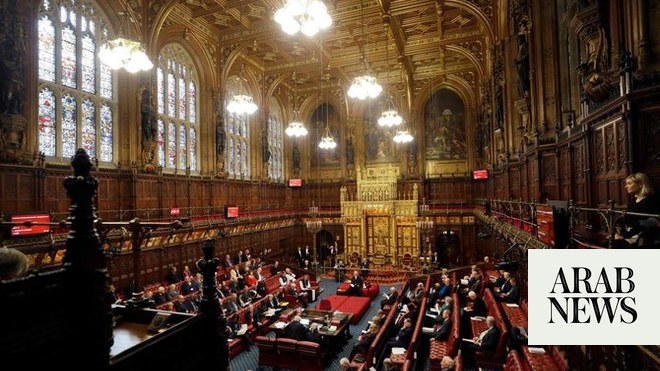
The UK government has been accused of funding environmental racism by giving £2m a day in subsidies to an energy company that has paid out millions over claims it breached pollution limits in the US south.
An investigation by Unearthed, Greenpeace’s investigative unit, found Drax Biomass paid millions of dollars to US regulators over claims it exceeded limits on chemicals emissions at wood chip plants close to black and low-income communities.
Among the charges faced by Drax was that it exceeded limits on emissions of volatile organic compounds (VOCs), a class of air pollutants linked to cancer, breathing difficulties and other health effects.
“My message to the UK government is that you are subsidising environmental racism,” Katherine Egland, a director of the National Association for the Advancement of Colored People (NAACP), told Unearthed. “And I would send an invitation to the UK government to come to the US and go to some of these communities where these plants are operating. It is not a safe environment. It is very harmful to these communities.”
Drax describes itself as the UK’s “largest source of renewable energy”. It operates three hydroelectric sites in Scotland, but its main operation is a wood-fired power station near Selby, North Yorkshire, which is one of the largest in Europe.
To fuel its operations, and to tap into an increasing global market for biomass fuel, Drax operates an extensive North American supply chain, with 13 sites in the US and Canada producing 1.5m tonnes of compressed wood pellets a year.
Late last month, according to documents discovered by Unearthed, Drax agreed to two settlements of $1.6m each with the Louisiana Department of Environmental Quality (LDEQ) to settle claims against two of its wood pellet plants in the state.
The settlements related to claims dating back to 2019 in the small and mainly black Louisiana town of Bastrop, and a second plant in Urania. Drax was accused of exceeding emissions limits for VOCs, methanol, formaldehyde and acetaldehyde.
Drax denies it committed any violations at its Louisiana plants, after agreeing to the settlements without accepting liability.
It is not the first time that Drax has faced similar accusations. Last year it emerged that Drax had been fined $2.5m for air pollution violations in the neighbouring state of Mississippi.
The sanction was issued in 2020 after the Mississippi Department of Environmental Quality (MDEQ) found that Drax’s Amite BioEnergy pellet plant, situated beside the community of Gloster, had exceeded VOC emission limits since 2016.
MDEQ found Amite had been emitting an average of 795.58 tonnes of VOCs a year – more than three times its permitted limit of 249 tonnes a year and nearly five times the estimate of the plant’s emissions that Drax had initially given officials.
Unearthed spoke to residents of Gloster, which is also majority black and with high rates of poverty, who said their health had suffered since Drax arrived in the town in 2014. Myrtis Woodward said she was using medical oxygen, a nebuliser, an inhaler and a nasal spray to treat asthma, chronic obstructive pulmonary disease (COPD) and chronic bronchitis.
“We started getting sick after they put that plant down there and we didn’t know where it was coming from,” Woodward said. “Sometimes I experience nose bleeding, and when I gargle … I spit blood out.”
A Drax spokesperson said: “The safety of our people and residents of the communities in which we operate remains our top priority and we take our environmental responsibilities extremely seriously. We have worked with the LDEQ and invested in our pellet plants to ensure they comply with their environmental permits.
“Through our operations in Louisiana and Mississippi, Drax supports more than 1,200 jobs and contributes $175m to the region’s economy. We continue to monitor and report our emissions to the state environment agency.”
With its wood-fired power station estimated to provide 6% of the UK’s total electricity supply, Drax continues to receive strong support from the government, in spite of growing scepticism among scientists that woody biomass can be classified a source of green energy.
In 2021 Drax received £893m – about £2.4m a day – in UK government green energy subsidies, according to analysis by Ember, a climate thinktank.
Drax’s payouts over pollution claims have brought its UK taxpayer subsidies under increasing scrutiny. “It’s subsidising environmental racism, plain and simple. There are no two ways about it,” said Egland, who chairs the NAACP’s environmental and climate justice committee. “I want the UK to know there are human rights atrocities associated with the wood pellet trade in the US. And the UK is complicit.”
A Government spokesperson said: “The UK government recognises that it is vital to ensure any negative impacts on the environment, including on air quality, from the use of biomass are fully understood and mitigated.
“We only support biomass which complies with our strict sustainability criteria, and with carbon capture and storage, it can permanently remove carbon dioxide from the atmosphere.”












